During New Year Rush, The Chinese Discover They Love Trains [PHOTOS]
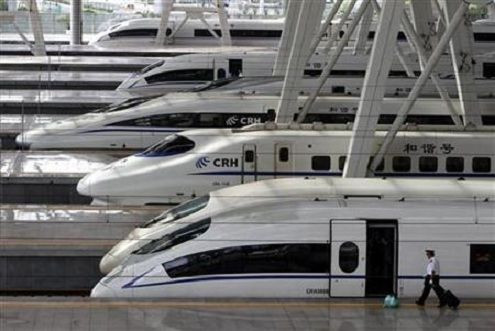
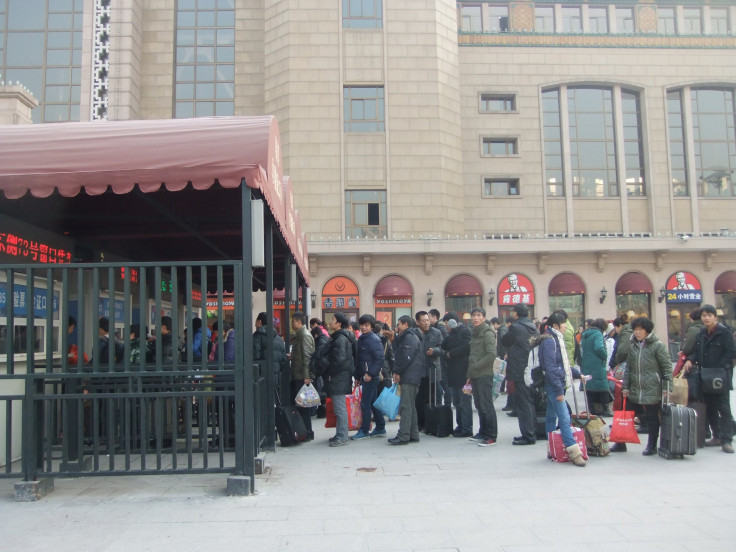
Whether by plane, train or bus, getting around China is about to get chaotic.
Monday marked the beginning of official ticket sales for China’s biggest holiday season, surrounding the Chinese New Year and the Spring Festival, which will last for 40 days this year. Especially during the 10-day Chinese Lunar New Year celebration, the nation will essentially shut down, and everyone will head home.
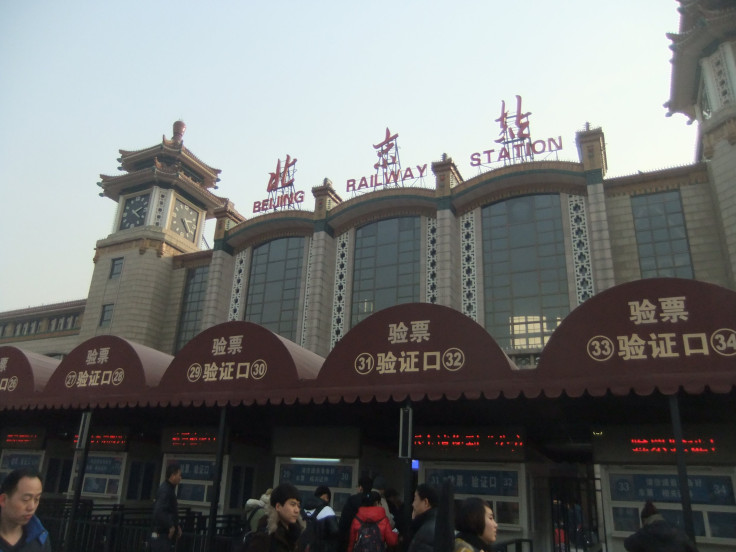
The main Beijing railway station on Monday (Photos: Michelle FlorCruz)
The spring travel rush, also known as Chunyun to the Chinese, is widely considered the world’s largest annual migration of people and will last from Jan. 26 to March 6 this year. Millions of people working and studying in China's big cities will return home to celebrate with family.
According to state-run news agency Xinhua, the National Development and Reform Commission -- the country's highest planning authority -- is estimating that the total of trips taken during the holiday will be 3.4 billion, 8.6 percent more than last year and the biggest total in China’s history.
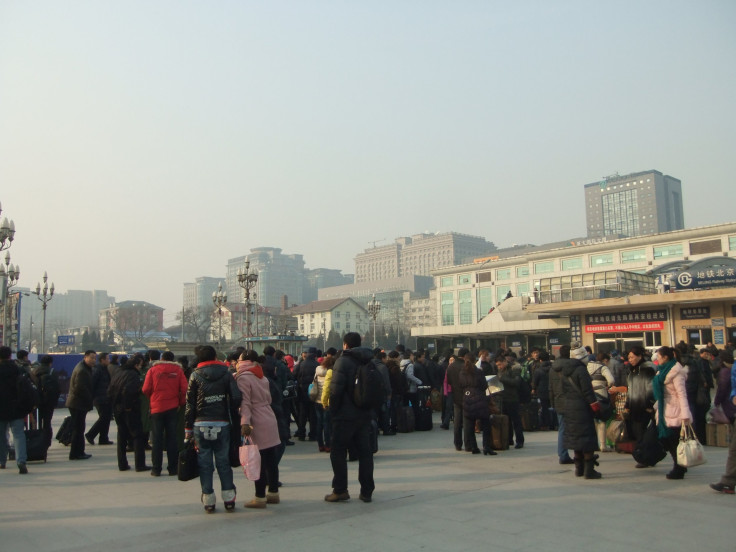
The crunch will test China's new transport infrastructure. Traveling in the country has become easier than ever: China’s transportation development, especially with improved train service and new high-speed railways, which is now the preferred mode of travel, reaches more places at unprecedented speeds. The railways are expecting to see 225 million customers this year, 4.6 percent more than last year, compared to a projection of 35.5 million people travelling domestically by air.
China’s high-speed railway has changed domestic travel. Most recently, the country inaugurated the Beijing-Guangzhou line on Dec. 26, the longest high-speed railway in the world at 2,300 kilometers (1,400 miles.) The bullet train travels at a cruising speed of 300 km (186 miles) per hour and takes roughly 8 hours, compared to the 22-hour journey on a regular train.
Though the infrastructure has vastly improved, booking tickets can still be difficult. People trying to get a jump on booking train tickets flooded the official railway’s online system, causing the site to go down twice in one week.
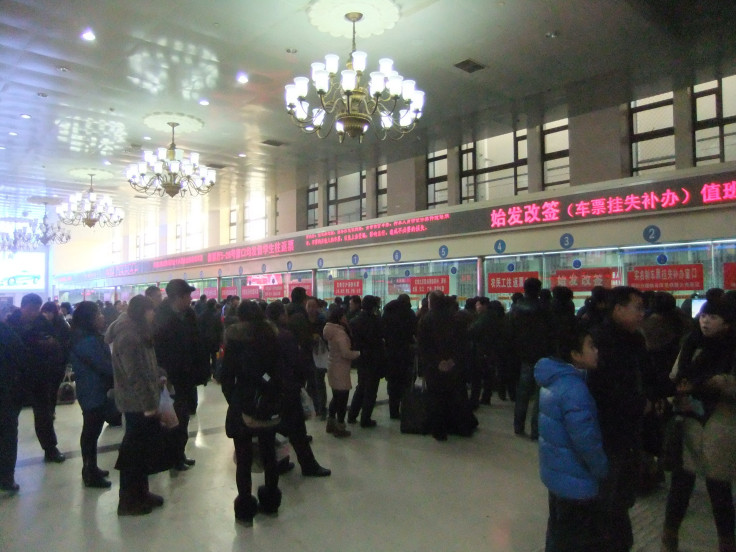
Despite these difficulties, a new culture of train travel is taking hold among China’s domestic travelers. The nation’s growing network of train stations appeals to travelers who aren't going to large cities where airports are located; trains are often more reliable than flying. A flight from Beijing to Guangzhou takes about 3 hours, still significantly shorter than the bullet train; however, many travelers tired of the nuisances of air travel have expressed a preference for the train.
“The train station is closer than the airport to where I live. I will sit for longer rather than go through the trouble of checking in my bag and worrying about canceled flights,” one man who bought tickets to Hunan province at the Beijing Railway Station said.
A first-class ticket going one-way on the new high-speed line to Guangzhou runs at around $200, just slightly more than an economy-class plane ticket.
Recently, social media chatter and local news sources have reported about riot outbreaks at airline counters over multiple delays, overbooked flights and lost luggage; it is no wonder many Chinese are flocking to train stations.
“Flying isn’t really a pleasant experience for me,” a Shenzhen-bound traveler said. “The train rides are.”
© Copyright IBTimes 2024. All rights reserved.






















